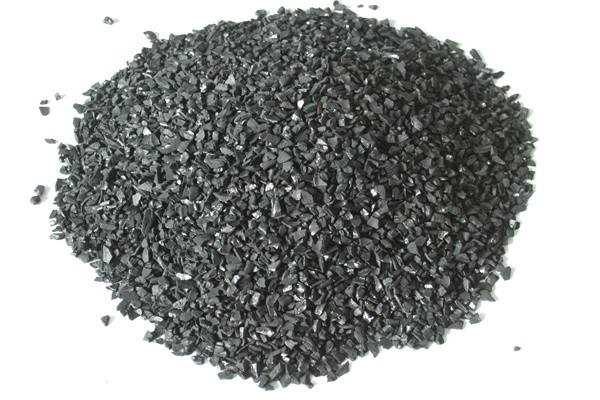(1) Rinse with water. (use a lot of exothermic reactions)
(2) Dry.
(3) Preheat in muffle furnace at about 150 ° C for 1 to 1.5 hours, then heat at 350 degrees for 3 to 5 hours at 550 degrees for 3 hours.
(4) The molecular sieve in the furnace should be preheated to 200 ℃ the powder should be heated the single drum to prevent it cracking. How long does the activation time take what temperature is appropriate?
1. In petrochemical refining process, the regeneration temperature of ZSM-5 can reach 700-800 ℃, so heating to 500 ℃ should be no problem.
2. The activation temperature of 5A molecular sieve at atmospheric pressure is 450, 3 hours, that in vacuum is 350, 3 hours. Due to the short activation time, the impurities adsorbed in the molecular sieve can be fully separated, which affects the application effect.
Do have to activate too long waste power!
When the molecular sieve is activated, it changes light red white to vermilion. What's going on?
1. Oxidation, acidification, denaturation surface corrosion have this effect. As far as I know the activation of molecular sieves in industrial production, the subtle pink phenomenon is also common. A lot of times you can see it in a tin can. It is formed after immersion in water, which will be corroded. This is formed by ion exchange.
2. In fact, the color of some particles at the beginning is similar to the internal color, but there are some light red, but after several activation, it will become very red will pile up. This time it has changed. Yes, I'm upstairs talking about reasons like iron ions, but I didn't come into contact with metal ions during the whole process (maybe, but the water in the reagent used in theory does contain metal ions, so Yes, the amount will also be very low (very low)), if it is oxidized, it should be a slow change process of accumulation. Is this a token change after the accumulation change? However, as after discoloration, the monotonicity of zeolites still exists, but I don't know whether it is weaker than the usual activation?
